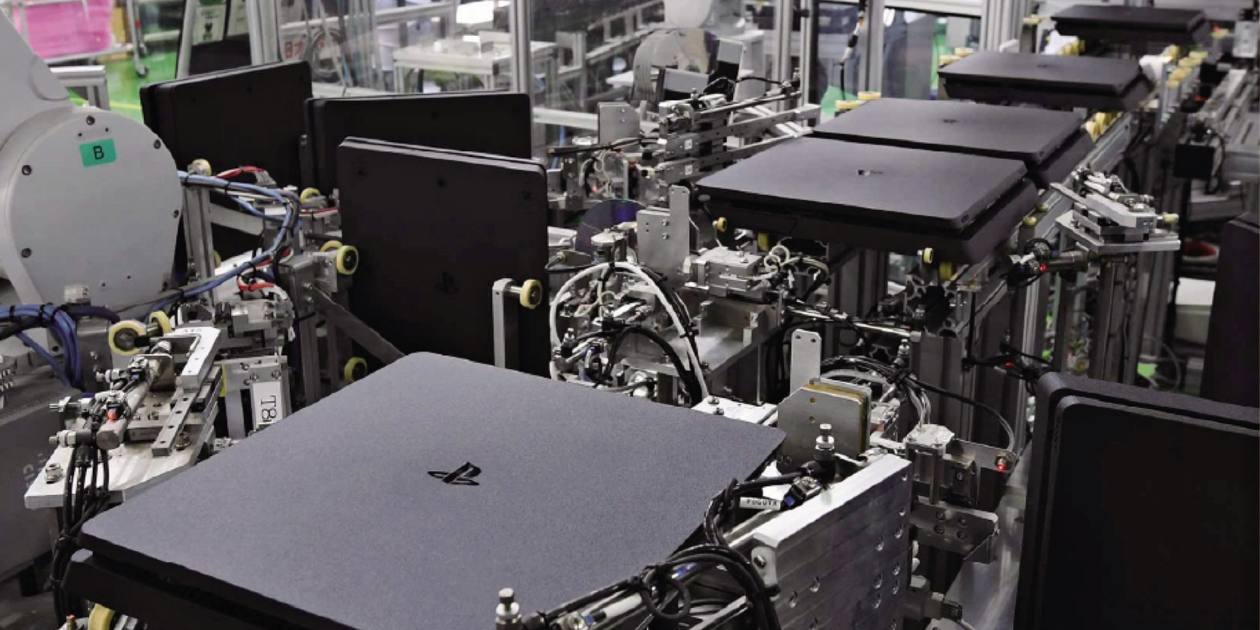Perrott
Gold Member
Sony's biggest story-driven games have very long legs in terms of sales though and they are staying at full price for much, much longer than they did last generation. So I'd say it's in Sony's best interest to bring back the spotlight to their Marvel's Spider-Man games, their The Last Of Us re-releases, Ratchet & Clank: Rift Apart, Horizon: Forbidden West, God of War: Ragnarök, Demon's Souls and Returnal by delivering PS5 Pro patches with enhanced performance and image quality through PSSR and RT features.Nah, who will play that again? GT is meant to be played forever unlike story-driven games.
And that's not to say that their live-service offerings, Gran Turismo 7 and Helldivers 2, shouldn't get support either. Those are actually the ones that absolutely will receive it.

